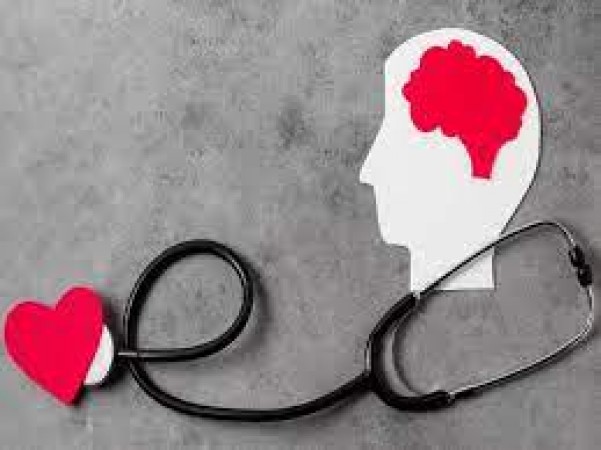
Stress has become an inseparable part of modern life, affecting various aspects of our health and well-being. One area where stress seems to have a profound impact is fertility. Recent research has shed light on the intricate relationship between stress and infertility, revealing how these two factors are intertwined in ways we might not have fully understood before. In this article, we will delve into the connection between stress and infertility, exploring how stress can affect both male and female reproductive health.
1. Understanding the Stress-Infertility Connection
Stress is the body's natural response to challenging situations, releasing hormones like cortisol that prepare us for the "fight or flight" response. While short-term stress is normal and can even be beneficial, chronic stress can lead to a cascade of negative effects on the body, including fertility.
2. Impact on Female Fertility
2.1 Menstrual Irregularities
Chronic stress can disrupt the delicate balance of hormones in the female body, leading to irregular menstrual cycles. This irregularity can make it difficult for women to predict their ovulation, which is crucial for conceiving.
2.2 Ovulation Dysfunction
Stress can also lead to anovulation, where ovulation does not occur regularly or at all. This can significantly reduce the chances of conception each month.
2.3 Reduced Egg Quality
Stress may contribute to oxidative stress within the body, which can damage eggs and reduce their quality. Poor egg quality can hinder successful fertilization and implantation.
3. Effects on Male Fertility
3.1 Sperm Count and Quality
Chronic stress can impact sperm production and quality. High levels of stress hormones in the body might affect the hypothalamus-pituitary-gonadal axis, leading to lower sperm counts and decreased motility.
3.2 Erectile Dysfunction
Stress can contribute to psychological factors such as anxiety and depression, which are linked to erectile dysfunction. This can make it difficult for couples to engage in regular intercourse, hindering their chances of conception.
4. The Role of the Mind-Body Connection
4.1 Stress and Reproductive Hormones
Stress can disrupt the delicate balance of reproductive hormones, affecting the entire fertility process. It can lead to increased levels of prolactin, a hormone known to inhibit ovulation.
4.2 Relaxation Techniques and Coping Mechanisms
Implementing stress-reduction techniques such as meditation, yoga, and mindfulness can have a positive impact on reproductive health. These techniques can help regulate hormone levels and improve overall well-being.
5. Breaking the Cycle
5.1 Seeking Professional Help
Couples experiencing fertility issues due to stress should consider seeking professional help. Fertility specialists can provide guidance on managing stress while undergoing fertility treatments.
5.2 Communication and Support
Open communication between partners is vital. Supporting each other emotionally can help alleviate stress and strengthen the bond during the challenging journey towards parenthood. The relationship between stress and infertility is complex and multifaceted. Chronic stress can disrupt hormonal balance, impact ovulation, and reduce sperm quality, all of which contribute to difficulties in conceiving. By acknowledging the stressors in our lives and taking steps to manage them, we can potentially improve our chances of building the families we desire.
Escalation of US-China Trade Dispute Transforms into Tech War
Breaking News: India's Telecom Titans Prepare for 5G Launch
Oppo A58 4G vs Samsung Galaxy F34 5G: Which Smartphone Should You Choose?